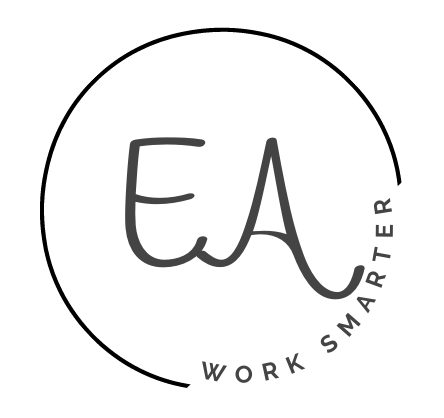To boost student standardized test scores and stimulate critical thinking, incorporate higher-order thinking questions into your lessons.
Higher-order thinking questions are questions that require students to apply, analyze, and evaluate information rather than simply recall it.
Students must think beyond the literal in order to make connections and subsequently meaning of what they are reading, writing, or discussing.
These types of questions prompt higher-level thinking from students, encouraging them to consider alternative explanations and points of view.
If you’re ready to encourage more higher-order thinking in your classroom, you will find this list of higher-order thinking question stems helpful.
Higher-Order Thinking Questions
Here you will find examples of higher and lower order question examples that may be used with any subject or topic.
These H.O.T.S questions encourage higher-order thinking skills.
Remember
These types of higher-order thinking questions entail recalling information. Answers are most likely directly stated.
- What is _____?
- How you would define (insert vocabulary term)?
- When did _____?
- Can you list the names of _____?
- What do you remember about _____?
- Where is _____?
- Which one is_____?
- How would you describe_____?
- What happened after_____?
- Which one of _____?
- How would you explain_____?
- Why did_____?
- When did _____ happen?
- How would you show_____?
Understand
These questions require that students summarize, infer, explain, interpret, and/or show an understanding of facts.
- How would you restate_____?
- What are you trying to find out?
- Can you write this in your own words?
- What would you say about_____?
- Which key facts should be outlined or highlighted?
- How would you describe_____?
- Could you please elaborate on _____?
- What can you infer about_____?
- How would you explain the meaning of _____?
- What are the similarities and differences between _____?
- What is the main idea of _____?
- How would you differentiate between _____ and _____?
- Can you explain why_____?
- How could you illustrate this concept?
- What statements support _____?
- What information here contradicts your thinking?
Related Content:
101 Higher Order Thinking Questions for Reading Comprehension
101 Higher Order Thinking Questions for Math
Apply
Students apply prior or new knowledge to a situation.
- How would you change _____?
- What actions can be implemented in order to perform_____?
- How would you have solved this issue?
- What would be the result if _____?
- How else could this have worked?
- Do you know of another instance where _____?
- What questions would you ask in an interview with _____?
- How could this be modified to fit_____?
- What examples can you find to support_____?
- How would you show your understanding of_____?
Analyze
Students sort, classify, differentiate, compare, and/or organize complex ideas.
- Why do you think_____?
- What are the pros and cons of _____?
- How would you explain the occurrence of _____?
- What do you think is the issue with_____?
- How would you classify_____?
- What is your analysis of _____?
- How are these ideas connected?
- What evidence in the text supports the idea that ______?
- How would you compare all of these parts?
- What can you infer about_____?
Evaluate
These questions prompt students to justify or critique a position.
- How would you judge the value of _____?
- What would happen if_____?
- Why did you choose to solve the problem this way?
- How would you devise a way to_____?
- Do you think this is a good or bad thing?
- What outcome do you predict?
- Suppose you could _____. What would you do?
- How could this be revised to make it clearer?
- What alternative would you suggest for _____?
- How could you come up with facts for _____?
- What makes you think that?
- Can you tell me how this could be improved upon?
- How could these reasons be elaborated upon?
- What are the consequences of _____?
- Would it be better if_____?
- How would you estimate the results for_____?
- Who would this topic most appeal to?
Create
Students consider different viewpoints and generate new ideas.
- What criteria would you use to assess_____?
- How would you rank the importance of _____?
- What is your favorite_____?
- Does this now make you think differently about_____? How?
- How could you verify?
- What is your opinion of _____?
- Which data was used to evaluate _____?
- What questions do you still have after reading?
- What information could be researched to deepen your understanding?
- How would you grade_____?
- What would you suggest for_____?
- On a scale from 1 to 10 (10 being the best), how would you rate_____?
- What choice would you have made if_____?
- What judgment can you make about_____?
Final Thoughts On Higher-Order Thinking Questions In the Classroom
Use these examples of higher-order thinking questions as is or generate your own questions for students.
Their critical thinking skills will improve, and they’ll be able to problem-solve with much more confidence.
Related: Higher-Order Thinking Questions PDF
